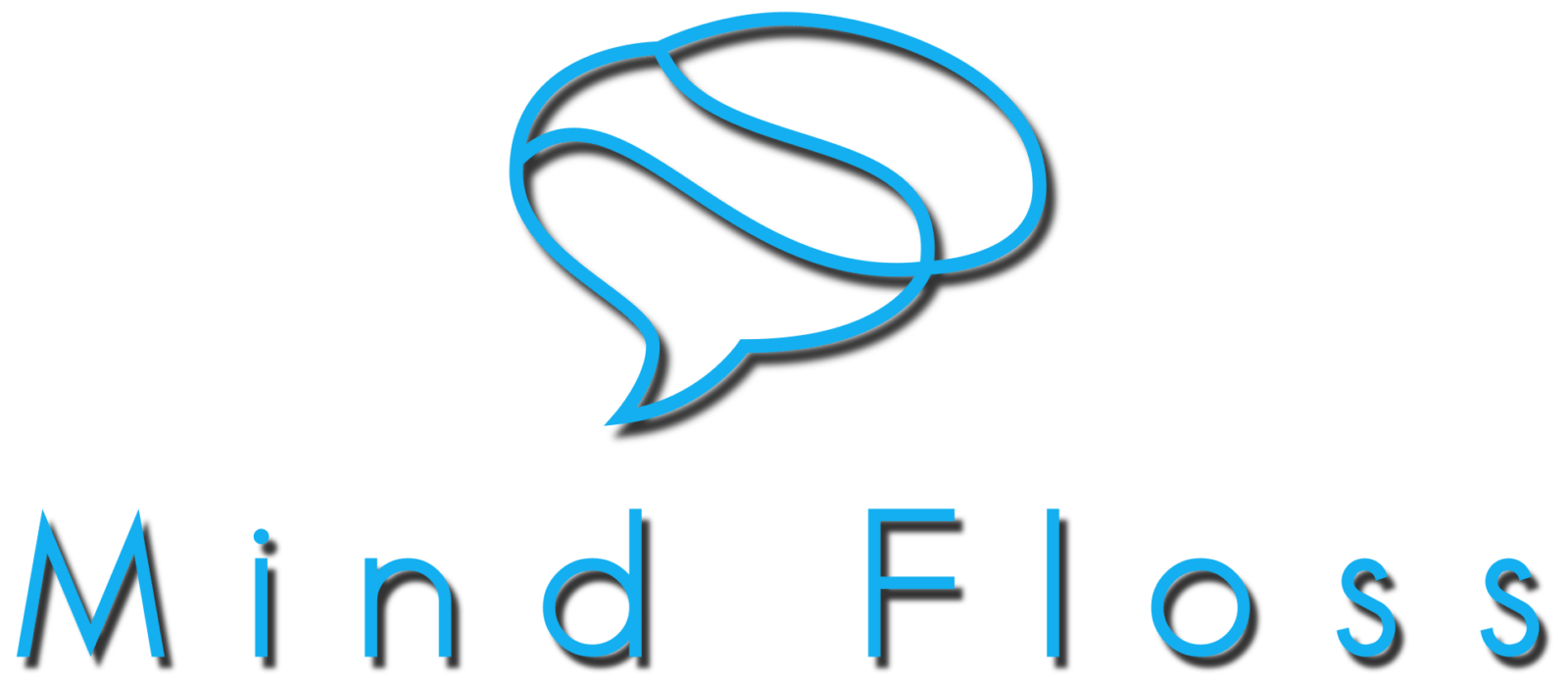Dieting and weight management is a common struggle for many people when it comes to emotional and physical health. The process of dieting can be a source for stress, and this stress can have a negative impact on the body. When we experience stress, our brains release a hormone called cortisol which is great for emergency situations, but no so good when we are simply trying our best to shed some extra pounds. As we know, one powerful and effective took for reducing cortisol is hypnotherapy. But, before we get into why hypnotherapy works for weight loss and weight management, lets take a look at the neuroscience.
The Fight or Flight Response
Cortisol is produced by the adrenal gland in response to perceived stress, that’s why it’s most commonly referred to as the stress hormone. It plays a crucial part in the body’s stress response system. When we perceive a threat, we enter the ‘fight or flight’ response, and cortisol is released in order to help us survive.
One problem for those trying to diet is that cortisol increases appetite and cravings, especially for high-fat foods, and high-sugar foods. Furthermore, high cortisol levels lead to weight gain, in particular around the abdomen region. The fat stored contains cortisol receptors, which in turn promote the production of yet more cortisol.
So dieting itself can contribute to the release of cortisol. By making drastic changes to our diet and cutting calorie intake too much we can unwittingly trigger the stress response. The body will perceive calorie restriction as a threat to survival, and produce cortisol in response to that threat. If the primitive part of the brain thinks that food is scarce it will take countermeasures to store fat in order to survive the famine it thinks is coming. Now take in to account the myriad of challenges we face when managing a new diet, it’s easy to see why so many people don’t get the results they want or give up altogether.
Ghrelin the Hunger Hormone
Ghrelin is another hormone which is produced in the stomach. this one plays a serious role in regulating hunger and appetite, when it’s levels are up we get the signal that it is time to eat something. This signal is the common feeling of having an increased appetite. Understanding Ghrelin is important because it has such an influence over our eating behavior and habits.
Influences on Ghrelin
One way of controlling Ghrelin levels is by reducing stress. The flight and fight response we talked about earlier elevates Ghrelin production and increases our appetite as a result.
Deep breathing, relaxation, meditation, and mindfulness are great at reducing stress and can be practiced at home or anywhere throughout the day.
It is important to remember though, that there are ways to diet and make positive lifestyle choices that don’t create cortisol or ghrelin. For example, an alternative to drastically cutting down on calories, is to make healthier food choices whist gradually increasing physical activity and managing stress through things like exercise, yoga, meditation, and getting good quality sleep. Focusing on long term goals over short term pleasure rewards us with that lovely serotonin, it keeps us motivated, and resilient to cope with the challenges of everyday life.
Solution Focused Hypnotherapy for Weight Management
The beautiful thing about SFH is that it targets the underlying psychological and emotional factors that contribute to stress. It addresses negative thought patterns and beliefs, increases confidence and self-esteem. It promotes the development of positive and healthy coping mechanisms, and a positive relationship with food. People who compliment a diet with hypnosis have greater success in achieving their weight loss goals, and in keeping the weight off for good.




